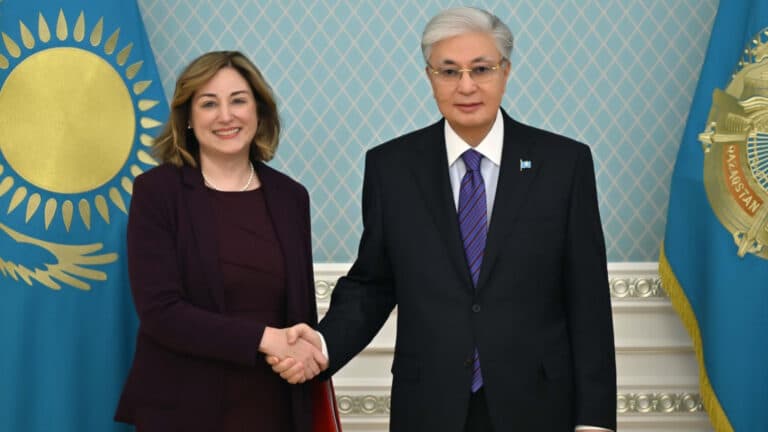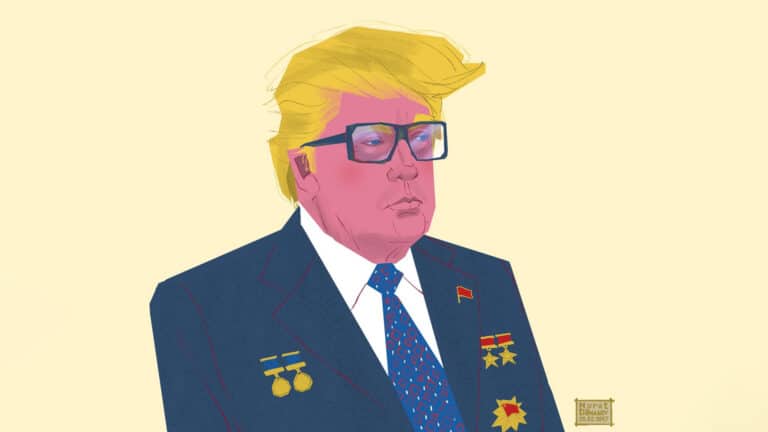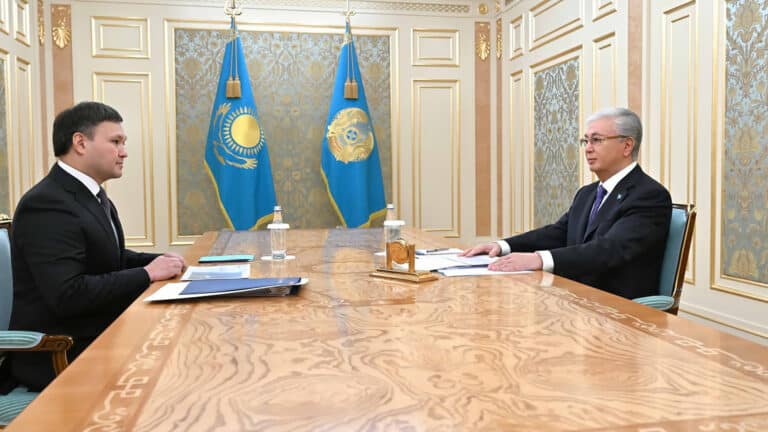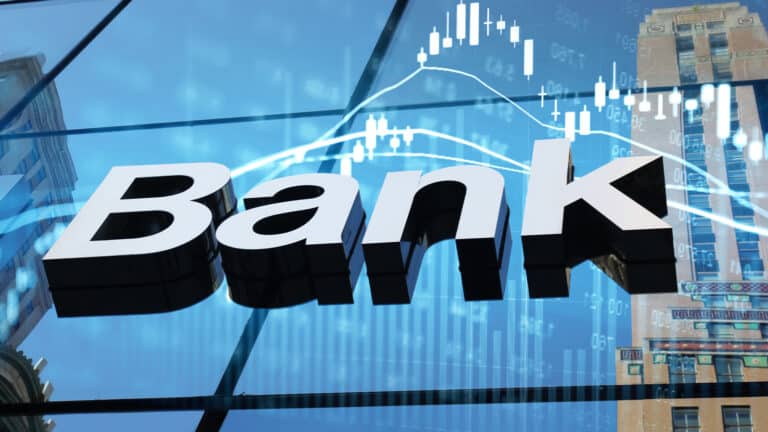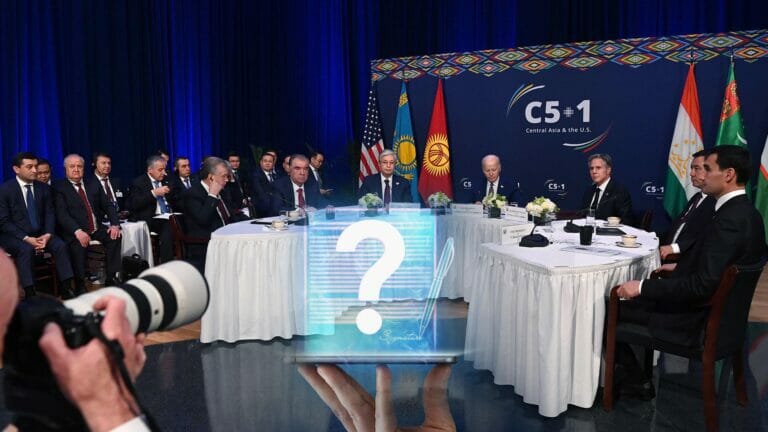
Kazakhstan’s Agency for Regulation and Development of the Financial Market (ARDFM) plans to introduce a gradual reduction in the minimum price of distressed assets held by banks and microfinance organizations if an initial auction fails. For subsequent trade sessions, the proposal suggests setting the price at no more than 70% of the market value for the second round and no more than 50% for any further attempts. A draft regulation with the aforementioned amendments is open for public comment on the legalacts.egov.kz portal until Dec. 26.
The ARDFM explained that the reduction in the minimum price is designed to address the increasing number of failed bids before the direct sale of an asset. Furthermore, the regulator aims to ensure the fair market value of such assets. It has also proposed doubling the reserve price to 100%.
Additionally, the ARDFM plans to shorten the auction announcement deadline from 15 days to 10 days before the auction begins. This regulation will also apply to subsequent trading sessions if the initial one is deemed unsuccessful. The operator must ensure that all interested parties have free access to the auction. This amendment was proposed in response to the growing number of auctions held before the direct sale of distressed assets. For direct sales, the deadline will be reduced from 30 days to 15 days.
Kazakhstani banks sell distressed assets through a special electronic trading platform launched this year. Currently, it features assets from Halyk Bank, CenterCredit Bank, Bank RBK and FintekhFinans, a microfinance organization operating under the Moneyman brand.
In early summer, the ARDFM approved a new sale procedure for distressed assets, including non-performing loans, enforced pledged property and restructured loans. In October, the regulator introduced new rules designed to ensure the safe sale of distressed assets. In November, the DMAS platform, operated by First Credit Bureau, was launched.
The trading platform had been under development for two years, starting in 2022 when President Kassym-Jomart Tokayev instructed the cabinet to establish a digital platform and infrastructure for distressed assets. He urged the cabinet to develop a secondary market for buying and selling distressed assets and to create incentives, including tax benefits, for their acquisition. These assets are available for purchase by private investors, including non-residents.




